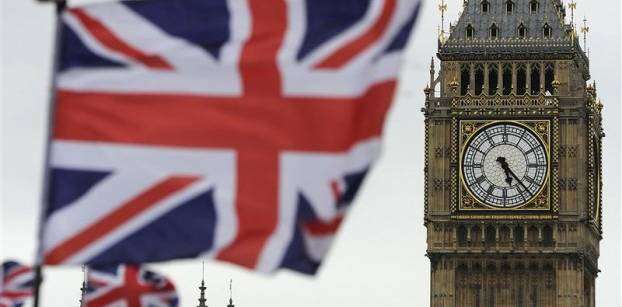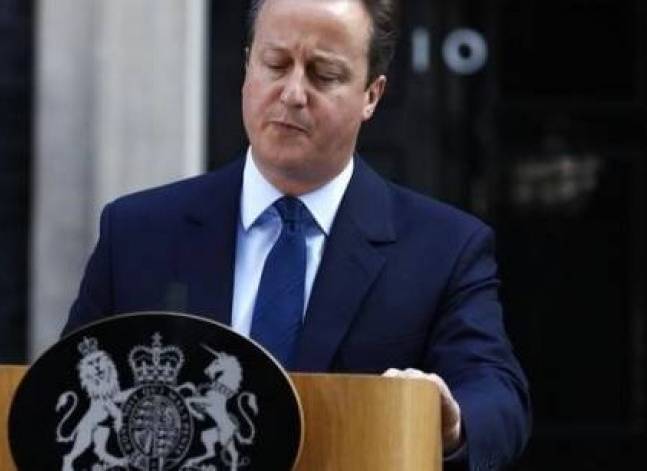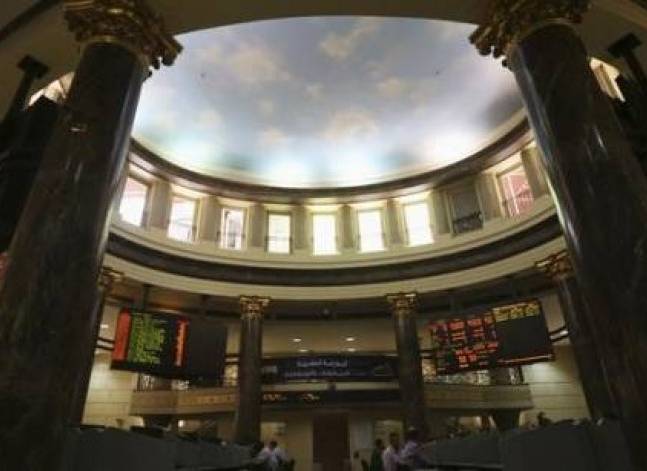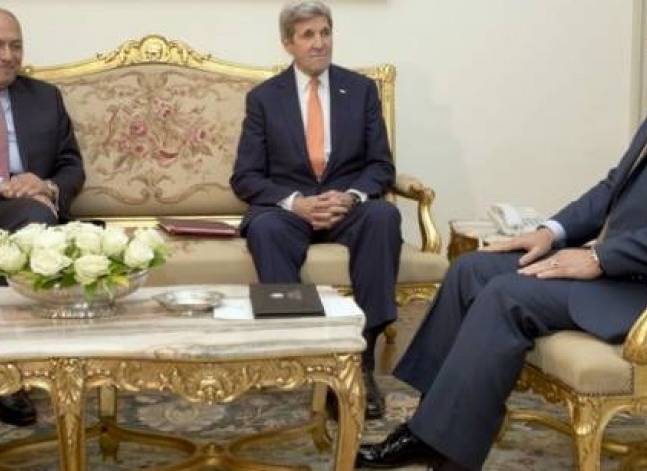Latest NEWS
- Aswat Masriya, the last word
- Roundup of Egypt's press headlines on March 15, 2017
- Roundup of Egypt's press headlines on March 14, 2017
- Former Egyptian President Hosni Mubarak to be released: lawyer
- Roundup of Egypt's press headlines on March 13, 2017
- Egypt's capital set to grow by half a million in 2017
- Egypt's wheat reserves to double with start of harvest -supply min
- Roundup of Egypt's press headlines on March 12, 2017
What do Egyptian exporters have to lose after Brexit?
CAIRO, June 26 (Aswat Masriya) – The British decision to leave the European Union has triggered the fears of Egyptians exporters that benefited from tariff-free exports through the trade agreement between Egypt and the EU.
The EU-Egypt Association Agreement, which came into effect in 2004, established a free trade area between Egypt and the European Union, liberalising trade between both sides in industrial and agricultural goods.
The agreement “forms the legal basis governing relations between Egypt and the EU." It is modeled on the network of Euro-Mediterranean Partnership agreements between the EU and other countries in the southern flank of the Mediterranean Sea.
Timetables have been put between the two parties so as to gradually remove restrictions on certain goods and products until all the tariffs are abolished upon the complete implementation of the agreement.
The United Kingdom is Egypt's third-largest trading partner after China and Italy, according to the Ministry of Trade and Industry's data.
Sherief al-Gabali, the head of the Chamber of Chemical Industries and one of the biggest exporters of fertilizers, said that Britain's decision to leave the EU raises questions as to whether it will be treated as a separate market, independent from Europe, or whether it will remain part of the agreement.
Last Thursday, the U.K. held a referendum to vote on whether it shall remain in the EU or leave. Results came out on Friday with more than 50 per cent voting to leave the EU.
Global financial markets plunged and the British pound tumbled as much as 10 per cent against the dollar for the first time in 30 years after the referendum results were announced. Oil prices also dropped five per cent at the end of trading on Friday.
Gabali added that "the European Association Agreement allows Egyptian exports to enter [the U.K.] without customs duties, and Britain leaving the EU may mean that it will become an independent market, and thus can impose tariffs on Egyptian exports."
"For fertilizer exports, for example, the European Union imposes a six per cent tax on imports of fertilizers from Russia, while the Egyptian fertilizers are fully exempt, which gave Egypt an advantage in the face of competitors. Britain's exit from the EU means that the Egyptian product will enter into bigger competition with other countries that produce fertilizers to export to Britain," he explained.
"This applies to a number of other products."
Saeed Abdullah, the head of the foreign trade and trade agreements department at the Ministry of Trade and Industry, told Aswat Masriya, "We do not know yet the impact of the U.K.'s exit from the EU on the Association Agreement. We are waiting [to see] the outcomes of the British decision, the limits of Brexit, and the impact on their commitments to special trade agreements before we define our next steps. "
Abdullah stated that it is possible that the negotiations between Britain and the EU countries may result in the Association Agreement with Egypt remaining as is.
If Britain does not remain in the agreement, Abdullah explained, "Britain and Egypt can begin negotiations for a new bilateral agreement if Britain decides to do so."
"We have reached an advanced stage in the Association Agreement with the EU, and we could turn into a direct bilateral agreement with Britain. We do not believe that Britain will freeze its trade relationships with all its partners," Abdullah said, adding that he also doubts that it will enter negotiations with all countries in order to sign new trade agreements.
Abdullah stressed that "any commercial contracts currently existing between Egyptian companies and Britain will not be affected, and there will be a deadline for the implementation of the decision to get out of the Association Agreement."
According to the Ministry of Trade and Industry data, Egypt's exports to Britain amounted to $777.4 million over the past year, compared to $857.2 million in the previous year.
Egypt's imports from Britain amounted to about $1.3 billion last year, compared to about $1.6 billion in 2014.
Agricultural products, chemical engineering products, furniture, and garments are some of the most important Egyptian exports to Britain.
Egypt's key imports from Britain include minerals and their products, plastic, rubber, food, and electrical appliances and equipment.















